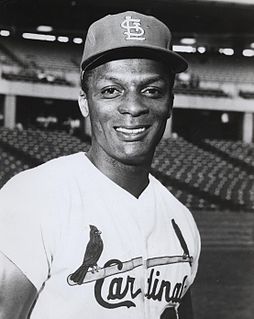A Quote by Lynn Coady
In the late sixties, when revolution and upheaval were everywhere, feminists were ridiculed for focusing on housework.
Quote Topics
Related Quotes
We wanted to more richly experience why we were alive, not just make a better life, and so people went in search of things. The great thing that came from those that time was to realize that there was definitely more to life than the materialism of the late sixties and early sixties. We were going in search of something deeper.
Chairman Mao's greatest contribution was that he applied the principles of Marxism-Leninism to the concrete practice of the Chinese revolution, pointing the way to victory. It should be said that before the sixties or the late fifties many of his ideas brought us victories, and the fundamental principles he advanced were quite correct.
The cultural wars of the sixties are over. I've reconciled with those who were my critics and opponents years ago. I was at odds with some those who were Black nationalists. Yet when feminists attempted to end my career and leave me as literary road kill, it was the Black nationalists who came to my rescue.
There is a lot of sixties-bashing going on these days that I don't agree with at all. I feel that extremely important ideals were brought to the forefront of the collective consciousness at that time. Granted, drug use was so pervasive that our generation did not as a group have the capacity to manifest our ideals to any great extent. But many of the people who were young in the sixties and who were most touched by that collective ethos are still touched.
The writing of the Beatles, or John and Paul's contribution to the Beatles in the late sixties - had a kind of depth to it, a more mature, more intellectual approach. We were different people, we were older. We knew each other in all kinds of different ways than when we wrote together as teenagers and in our older twenties.





































